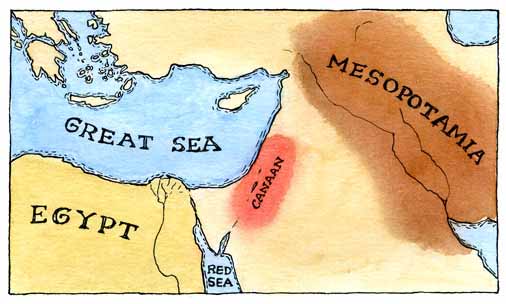You lot seriously are the lost tribe. More AA Ls.
explain? because a lot of africans come over and jump on cacs religion harder than any AA. plus, do you really want to get into all the crazy shyt overly religious africans are doing over there?
You lot seriously are the lost tribe. More AA Ls.
I'm not religious and those africans can hold their Ls too.explain? because a lot of africans come over and jump on cacs religion harder than any AA. plus, do you really want to get into all the crazy shyt overly religious africans are doing over there?

BLACK AFRICAN POWER!!

marcuz said:most black murders and criminals are bible thumpers or faux muslims.
marcuz said:there's nothing wrong with rejecting beliefs that are completely illogical.

Cbanks36 said:I remember the moment I was reading through the bible and begin to realize all the African tribes in the bible were cursed
Put that bull shyt down and never picked it up again.


jwonder said:It's a remix of Pagan religions of the past mixed with stolen remixed stories from Greek Mythology. shyt is funny how people can believe in made up stories.



NONE of the African tribes were cursed. Canaan was cursed. Canaan isn't even in Africa.......

Further proving OP's point................

Cbanks36 said:You're trolling is on another level. I won't even name drop the tribes.

You can't because you don't know what you're talking about.
I'll bury you, son.

WEED said:
Where did the idea of the mythic Christ originate? Much of it began in the writings of two amateur Egyptologists named Godfrey Higgins (1772-1833) and Gerald Massey (1829-1907). Both wrote extensively on the idea of the mythic Christ. They claimed one parallel after another between the Bible and pagan mythology, making it appear as if the biblical writers borrowed stories wholesale from ancient tales. Almost all scholars today recognize that this approach is fundamentally flawed. For nearly all of the supposed parallels these two men discovered, scholars today say without hesitation that no genetic connection exists between the Bible and the myths these two men examined.
Neither Higgins nor Massey was a scholar or academician, and both were self-taught religious enthusiasts (this generally holds true for all proponents of the Christ myth theory). More importantly, neither is remembered in the history of scholarship today. Writers such as Dorothy Murdock—a vocal proponent of the Christ myth theory—laments that these supposed intellectual titans have been forgotten. She heaps effusive praise upon Massey in particular (2009, pp. 13-26), calling him a “pioneer.” In truth, neither one of them had any ideas worth remembering. They are virtually unknown in modern Egyptology.


 that no serious historian/archeologist/Egyptologist takes seriously..........
that no serious historian/archeologist/Egyptologist takes seriously..........




